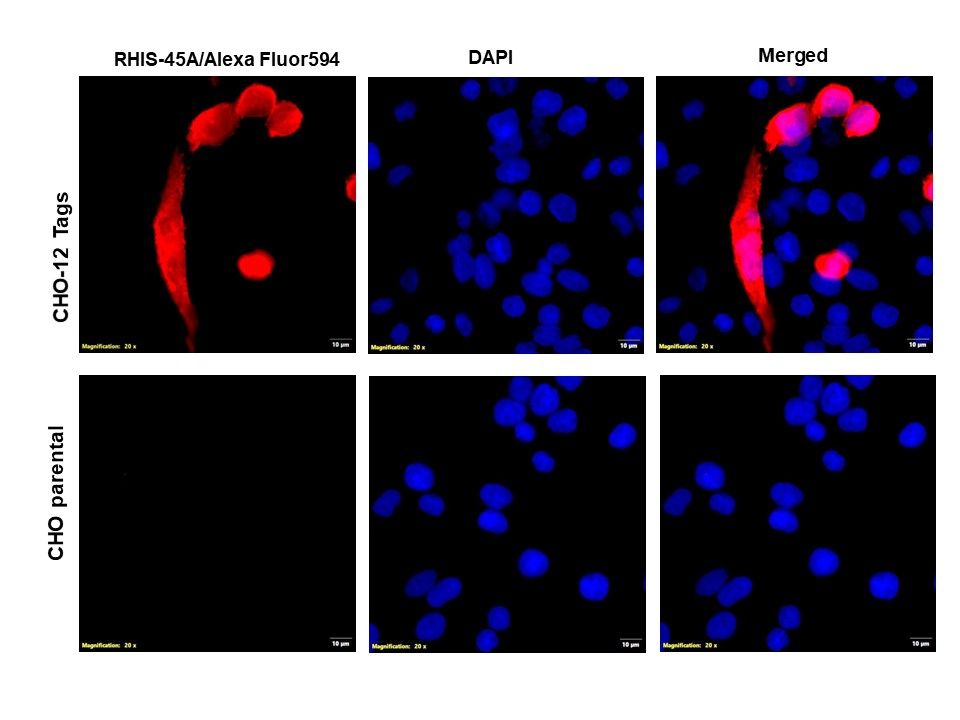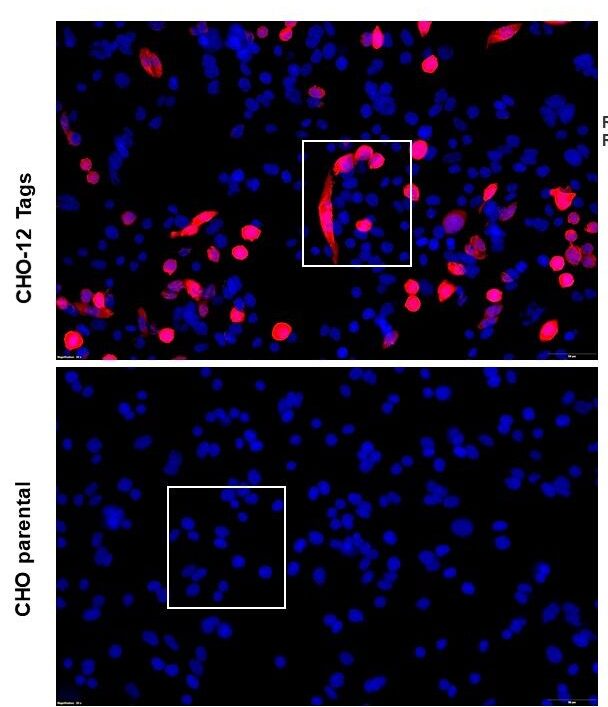Showing 1–10 of 31 results
epitope-tag antibodies
Antibodies for epitope tags are widely used in molecular biology and protein research to facilitate the detection, purification, and manipulation of recombinant proteins. Epitope tags are short peptide sequences that are genetically fused to a target protein of interest. Antibodies raised against these epitope tags specifically recognize and bind to the tagged protein, enabling its easy detection and isolation. Commonly used epitope tags include Myc, FLAG, HA, GFP, and His-tag. The availability of commercial antibodies against these epitope tags allows researchers to perform a variety of applications, such as Western blotting, immunoprecipitation, immunofluorescence, and flow cytometry. These antibodies offer several advantages, including high specificity, affinity, and ease of use. They provide a convenient and reliable method to assess protein expression levels, monitor protein localization, study protein-protein interactions, and purify tagged proteins using affinity chromatography. Epitope tag antibodies have revolutionized protein research, enabling researchers to manipulate and analyze recombinant proteins with greater efficiency and precision.

ICC/IF with antibody [7094] : Immunofluorescent analysis of 4% paraformaldehyde (PFA)-fixed, permeabilized with 0.1% triton X-100 in CHO cells transfected with 12 tags construct (CHO-12 tags) labeling 6xHIS with rabbit-anti-6x-his tag-polyclonal antibody 7094 1/1000 dilution (1µg/mL), followed by donkey anti-rabbit IgG (H&L), Alexa fluor 594 antibody at 1/500 dilution (4µg/mL) (red). Nucleus was counterstained with DAPI (blue). Bottom panel shows CHO parental cell line staining.

WB with antibody [5299] : 1:1000 (1µg/mL) Ab dilution probed against HEK293 cells transfected with DYKDDDDK-tagged protein vector; untransfected (1) and transfected (2).

ICC/IF with antibody [7094] : rabbit anti-6X His tag polyclonal antibody 7094 1:1000 (1µg/mL) and donkey anti-rabbit IgG (H&L) alexa fluor 594










